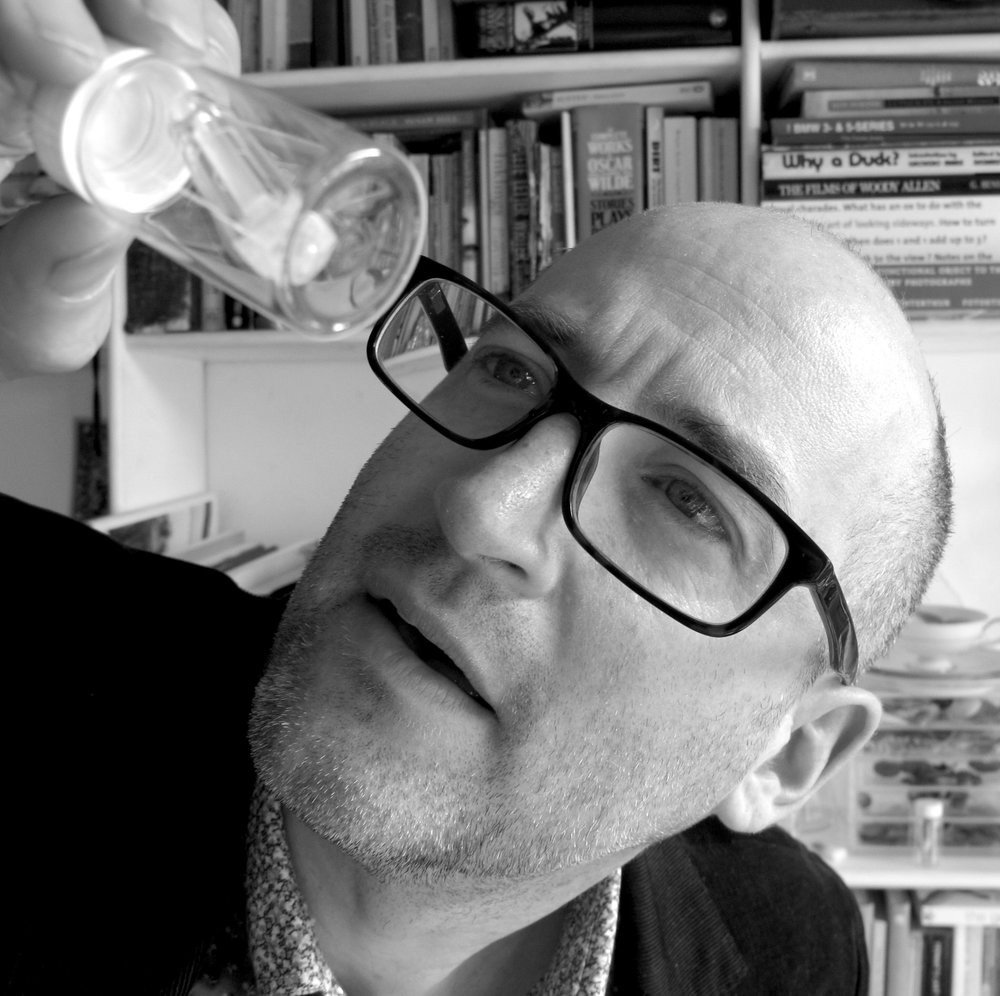EKSIG 2017 Keynote



June 19th, 9:30 - 10:30
"Self-repairing cities" - Mark Miodownik
Institute of Making, UK
Abstract
As a result of our greater understanding of matter, the distinction between animate and inanimate matter is now becoming blurred, ushering in a new materials age. Bionic people with synthetic organs, bones and even brains are becoming a reality. Just as we are becoming more synthetic, so our man-made environment is changing to become more lifelike: buildings, objects, materials that heal-themselves are being developed and we more often see this in discussions and thesis https://exclusivethesis.com/ This talk reviews the science behind these new animate material technologies and considers whether a particular goal, that of creating self-repairing cities, is achievable.
Biography
Mark Miodownik is Director of Institute of Making at UCL where he teaches and runs a research group. He received his Ph.D in turbine jet engine alloys from Oxford University in 1996 and since then has published more than 100 research papers. His current research interests are animate materials, innovative manufacturing, and sensoaesthetic materials.
June 19th, 15:45-16:45
"Hedonic design" - Anna Vallgårda
IT University of Copenhagen, DK
Abstract
I will argue for a hedonistic turn in design. Hedonism is briefly defined as the pursuit of enjoyable experiences. What makes something enjoyable cannot be defined a priori, only experienced and thus described and reflected upon a posteriori. Indeed, there is no global measure of enjoyableness independent of the view of the subject who experience. Thus, what is enjoyable for some may legitimately not be so for most others. Within the functional paradigm effectiveness and efficiency have been the key motivational values with aesthetics and pleasure only granted a role in as much as they helped optimize the purpose of the design. This is what we could call functional aesthetics or functional hedonism. Genuine hedonistic design, on the other hand, is about designs that enable enjoyable experiences for their own sake. The pursuit of enjoyment may sound superficial at first glance but we can find profound enjoyment in accomplishments as well as in challenging aesthetic and sensory experiences. I will argue how the values of hedonism as a leitmotif will help open new design spaces, challenge our perception of the role of design and designers, and generally provide us with richer and more enjoyable experiences.
Biography
Anna is an Associate Professor and Head of the IxD lab at the IT University of Copenhagen. She holds a MSc in Computer Science from University of Copenhagen, a PhD in Interaction Design from ITU, and did a Post Doc on smart textiles at the Swedish School of Textiles. Her research is focused on developing Interaction Design as a material practice. This means she understands and works with the computer as a material for design. In her research, she relies on physical and embodied experimentation with the aim of exploring new material expressions for computational things. Through this practice she also seeks to deepen our understanding of the trinity of forms in Interaction Design: the physical form, the temporal form, and the interaction gestalt.
June 20th, 13:30 - 14:30
"Growing Fungal Futures" - Maurizio Montalti
Officina Corpuscoli
Abstract
One of the main challenges of the current century is to transform our consumption-oriented economic system into an ecologically-responsible, conscious and self-sustaining society. It is therefore paramount to envision and to develop alternatives tackling the urgent issues characterising collective communities worldwide. One of these is identified in waste generation and the subsequent environmental impact originated by oil-based/ synthetic/toxic compounds (plastics), as well as by consumer’s behaviour. By entering a direct partnership with micro-organisms (e.g. fungi), a range of novel opportunities is revealed, allowing to envision and put to test a radical paradigm shift, offering a different insight into the objects populating our everyday life and the materials they consist of, as well as into the way production systems could be conceived and reinterpreted. Hence, the mycelia (“root-system” of fungi) of selected fungal species, are to be looked at as the main actors, responsible for favouring the growth of harmless materials, products and systems. A remarkable quality characterising such circular approach lies in valuing existing value chains and organic waste, transforming them into a vast array of novel matters, each characterised by diverse qualities and suitable for different applications. The resulting “cultivated” objects are 100% natural, fully compostable and resulting from waste streams (i.e Circular Economy), tangible signifiers of the way in which materials must and will change in the upcoming future (i.e. bio-technological revolution) and of how manufacturing processes and techniques will modify accordingly. By discussing a number of projects outlining such transformative processes, we will explore and possibly demonstrate how working in collaboration with living organisms and systems can lead to ground-breaking, innovative outcomes. Thus, contributing to positively impact society at large, affecting both industry and consumer’s behaviour and balancing the role of the individual with the ecosystem he’s part of.
Biography
Strongly characterised by a creative trans-disciplinary approach and rooted in a collaborative, research-based and experimental practice, Maurizio Montalti’s work tends toward the exploration of the design discipline, aiming to investigate and reflect upon contemporary (material) culture, thereby creating new opportunities and visions both for the (creative) industry and for the broader social spectrum. He often actively collaborates with professionals from other disciplines in a co-creative process, to arrive at thought-provoking solutions and design outcomes. His work spans across various mediums, previously exploring themes in relation to biotechnology, anthropology, bio- diversity, the ecosystem and the human impact on it, recent production technologies, and the importance of a symbiotic entanglement between natural life-forms, for an alternative advancement of society. The fascination for the micro-scale, together with a holistic vision of the world as a macro-organism animated by symbiotic relationships are some of Maurizio’s main drives.